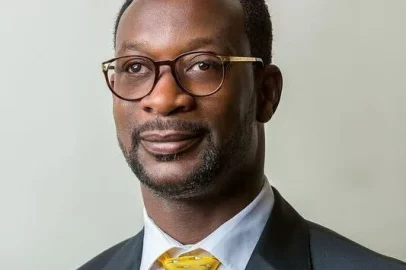“When I was a literature student in college, it was always stressed that the first thing you had to
know about a text was what the words meant in their own time. Nobody cared what sublime
emotions or fantasies the poet’s words stirred in your own breast. The job of a scholar was to
discover meaning, not invent it or impose it….””
I. Introduction
The presidential elections petition decided by Ghana’s Supreme Court has resurrected the
debate about the appropriate constitutional methodology and interpretive choices to be
deployed by the judicial branch in assigning meaning to constitutional provisions. Judicial
and academic uncertainty, or even reluctance, to pronounce definitively on methodological
preferences has been considered long overcome and even settled. Although the Supreme
Court occasionally backslides and has been almost schizophrenic on occasion, much to the
chagrin of a constitutional academy and a bar eagerly in search of a precedential red-tape’.
Yet even in other places where methodological consensus has occurred earlier in time,
or was never crisscrossed with controversy, constitutional theory has remained a growth
industry in scholarly writings and doctrines, even if the goals of constitutional theorizing
have been curiously fragmented and their objectives mired in suspicions of irrelevance’.
As in many branches of law, the lack, or rather inadequacy, of early constitutional theory
and doctrine spearheaded by a vibrant academy and a zealous bench may partly explain
the slowness with which Ghanaian interpretive constitutional methodologies developed. A
part of this is attributable to the country’s cataclysmic political history and several periods of
constitutional suspensions. For this reason, early efforts to mark out the contours of Ghana’s
constitutional jurisprudence have been met with doubt, and even derision. Even if we were
to admit that the absence of a constitution does not necessarily equate to the absence of
constitutionalism and those who think so are somewhat in error®, something must be said
for the effect of the absence of a constitution on judging and development of constitutional
doctrine.


